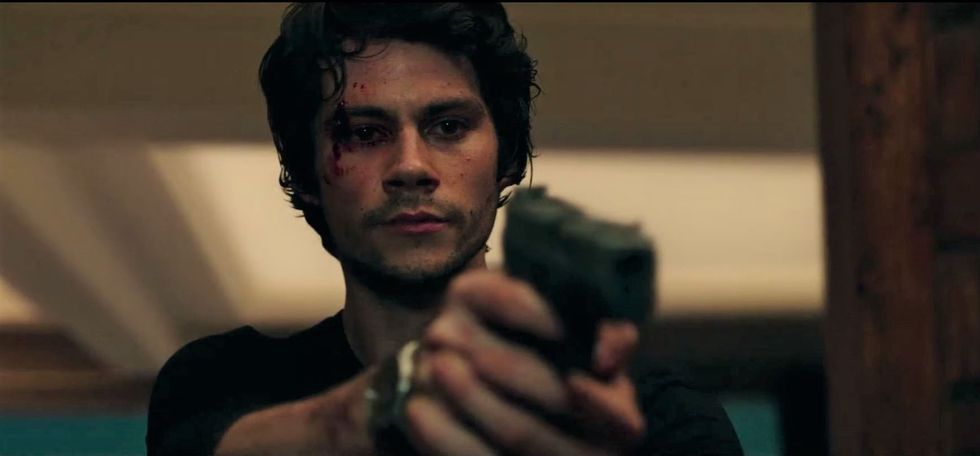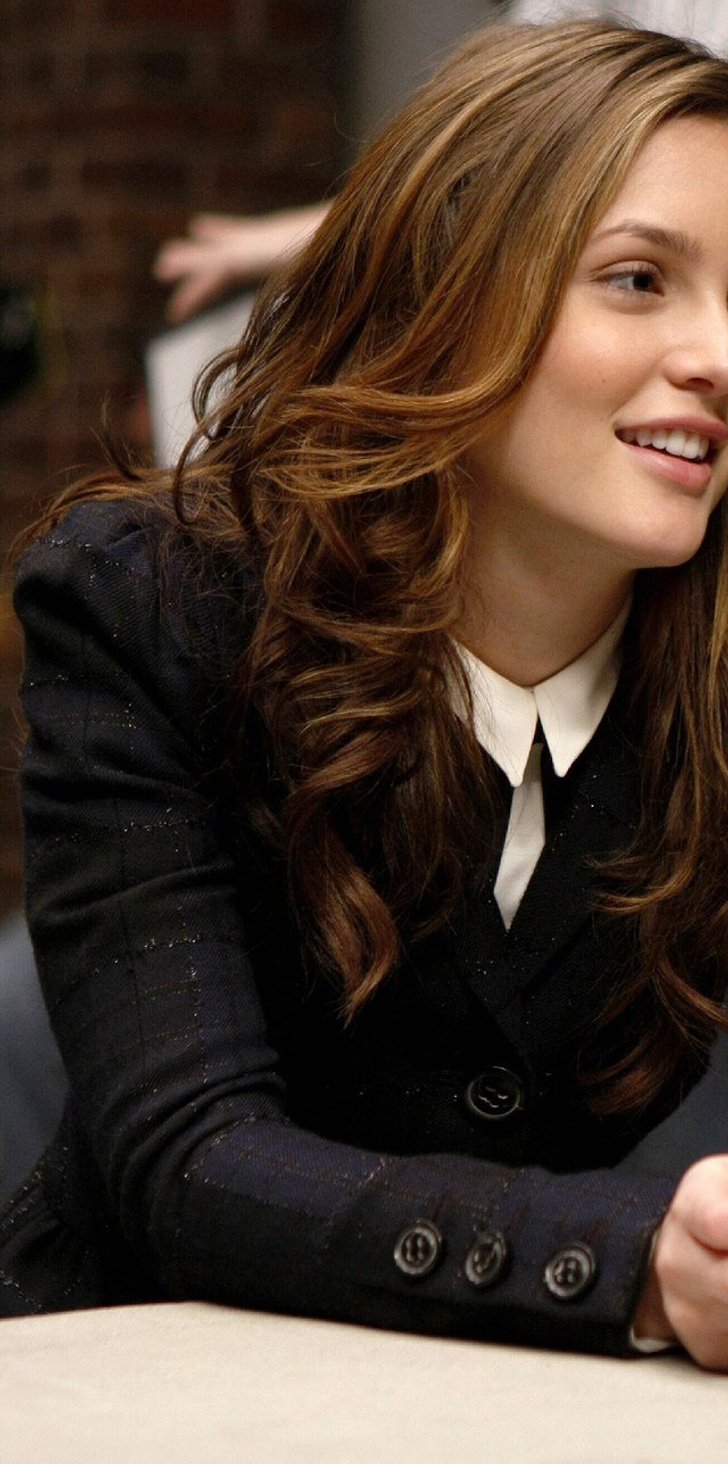Hey! Do you remember that time Dylan O’Brien saved America? You know, like when he saved Delta Force, Seal Team Six, and half a dozen Navy Command Ships including the USS Eisenhower from being destroyed by a nuclear bomb? Yeah, a nuke. In the Mediterranean Sea. It happened (in all its glory and cliche) last Friday in theaters around the country. In its first weekend “American Assassin” grossed a plausible 15 million for Lionsgate/CBS Films despite receiving a melange of harsh and blasé critiques. Critics dubbed the movie “generic,” “contrived” and a “Bourne Trilogy rip-off.” Matt Zoller Seitz of Roger Ebert.com warned viewers that “American Assassin” is not what it pretends to be.” But then what is it?
The movie begins with Dylan O’Brien as Mitch Rapp proposing to his beautiful, blonde girlfriend on the beach in Ibiza. Shortly after this pleasantly foreboding event, Islamic terrorists and proceed to mow down beachgoers including Dylan O’Brien and his beautiful, blonde girlfriend. One terrorist looks him in the eye before shooting his already dying girlfriend again, killing her instantly. This particular terrorist becomes the object of O’Brien’s only slightly unhinged plan, a plan that includes learning Arabic in 18 months time in order to pose as a jihadist and infiltrate their secret base in Tripoli. Revenge is simple. Whether it is justified or not, everyone can understand a revenge story. However, the creators of "American Assassin" are not interested in just simply revenge. They want a moral to their overwrought, uber-patriotic bloodfest. They want the red, white and blues of American morality, which can only be pursued if Dylan O’Brien fights for something bigger than himself. So he teams up with Stan Hurley (Michael Keaton), a Cold War vet and the C.I.A to find Russian plutonium and its sadistic, ex-patriot arms dealer the Ghost (Taylor Kitsch).
Sitting in the theatre, watching the incongruity and inconclusiveness of a B action film unfold before me, many questions came to my mind. First off, why does Dylan O’Brien’s character care? Why does he want to be a spy? If he goes into the gritty business of tricking terrorists into believing him only to avenge his beautiful, blonde girlfriend's death then why does he not stop after the task is accomplished? His character didn’t attend West Point or the Naval Academy, but Brown University. His character shows no prior interest in putting his life on the line for anyone let alone his country, so why does he put himself through Keaton’s gruesome spy training? I receive the answers to my questions in the last ten minutes of the movie. After saving Michael Keaton from Kitsch’s brutal and somewhat nauseating torture (think Michael Madsen in "Reservoir Dogs" X7), Dylan O’Brien kills Kitsch’s after fighting him on a speedboat then proceeds to drive the boat as far away from America’s military fleet before the bomb (on the boat) explodes. Dylan O’Brien’s character is the ultimate American. That’s Cuesta’s answer for his why he is willing to sacrifice his life. A good American would not do otherwise and would certainly not let himself or the revenge in his heart come before his country. This declaration among many others of the like weaved into this film rang loud in my ears, so loud in fact that I was prompted to turn around and look at my fellow movie watchers. I did this multiple times including the scene when Keaton calls Kitsch’s character “a Section 8 with an axe to grind.” I couldn’t be the only one conscious of this? My stupid, bloody action flick, which I only saw because “It” was full and Dylan O’Brien is hot and undoubtedly going to be shirtless turned into a modern day propaganda film. A propaganda film about how to be an American, and how the Iranians cannot be trusted with our current Nuclear Deal even if they are gorgeous and pretend to be on our side as Shiva Negar’s character, Annika, attempts.
Scanning the theatre, I noticed quickly that the audience was incredibly diverse in gender and age. The youngest were mostly girls ranging from about 15-17, probably devoted Dylan O’Brien fans ready to support his much-anticipated jump from the melodrama of teenage werewolves to the nonsensical and unjustifiable carnage of an exploitative action film. The older the crowd got, however, the harder it was to understand what they could possibly get out of this film. I wasn't sure until the closing credits rolled, and everyone began to get up and get out. I walked out of the movie perplexed and slightly annoyed, but it seemed that I was the only one. A combination of satisfaction and approval surrounded me. In 1984, George Orwell wrote, “The best books are those that tell you what you know already.” I may have felt uneasy by Cuesta’s blatant attack on our country’s current deal with the Iranians and the way he portrayed the Iranians as vengeful, untrustworthy and eager to commit mass genocide of all Israelis, but for those surrounding me this was common knowledge and I was late to the game. It was a good movie, because it told them what they already knew about other countries, their country, and most importantly, themselves.



















